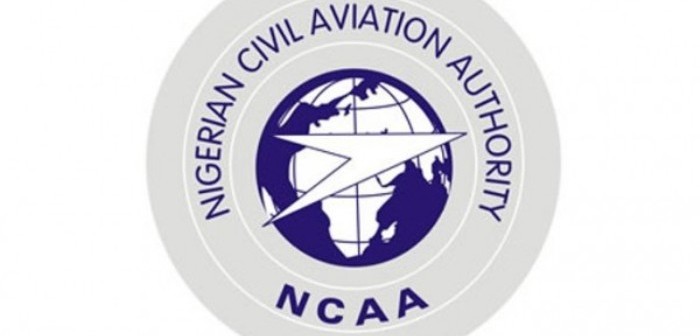Aviation experts have raised significant concerns about the Federal Government’s proposal to refund Nasarawa and Kebbi States a total of N24 billion for two non-viable airports. This recommendation comes in light of skepticism regarding the financial integrity and viability of these state-owned airports, which have been deemed unworthy of public funds. The experts caution that approving such refunds could set a precedent that incentivizes other states to seek similar payouts under dubious circumstances. They assert that state governments must present a feasible operational plan for any airport they construct, a stipulation that seemingly was not adhered to in this case.
The experts placed blame primarily on the state governments and their representatives for the airports’ failures, suggesting a potential circumvention of established processes during either the planning or approval phases with the Nigeria Civil Aviation Authority (NCAA). Group Captain John Ojikutu, a former Commandant of the Murtala Mohammed International Airport, expressed bemusement over the federal government’s consideration of a refund. He questioned the rationale behind constructing airports without sustainable maintenance plans, emphasizing the responsibility of state governments to either find strategic management solutions—like concessioning—or to shut down non-viable operations. Ojikutu’s remarks reflect a broader sentiment that accountability must be upheld to prevent states from offloading financial burdens onto the federal system.
In a letter to House Speaker Tajudeen Abbas, the President voiced support for refunding N15 billion and N9 billion to Kebbi and Nasarawa States, corresponding to their investments in the Sir Ahmadu Bello International Airport and the Lafia Cargo Airport, respectively. However, this proposal has been met with vocal opposition from aviation professionals who question the wisdom of such funding. The Federal Airport Authority of Nigeria’s Managing Director, Olubunmi Kuku, highlighted that, as it stands, only three out of the 22 airports in Nigeria are classified as viable, which underscores the fiscal imprudence of investing further resources into the two criticized airports.
Experts like John Okpaku have criticized the states for the very notion of seeking reimbursement for their investments, arguing that it is unreasonable to compel federal funds for what are essentially mismanaged projects. Okpaku asserts that a more effective course of action would be for these states to divest themselves of the airports, either through sale to private entities or by handing them over to concessionaires capable of managing them effectively. The overall consensus among these professionals is that the focus should shift from refund claims to pragmatic solutions that address the widespread inefficiencies within the state’s aviation infrastructure.
With the viability of these airports in question, the conversation has intensified around the role of regulatory bodies like the NCAA. Experts are calling for an investigation into how these airports received approval in the first place, given their current lack of sustainability. The discussion raises larger issues about regulatory oversight and whether existing frameworks effectively prevent the construction of non-viable infrastructures. Industry insiders suggest that a thorough review of the planning phases and the decisions made by state governments in partnership with the NCAA is critical to prevent similar missteps in the future.
In conclusion, the unfolding discourse surrounding the proposed refunds to Nasarawa and Kebbi States has illuminated the precarious state of aviation infrastructure in Nigeria. As experts urge the Federal Government to reconsider its approach, the prevailing sentiment emphasizes the crucial need for transparency and accountability in airport management. The need for strategic planning and viable operational frameworks has never been more apparent, highlighting that without fundamental changes, the cycle of inefficiencies may persist. Moving forward, stakeholders must prioritize solutions that not only safeguard public funds but also enhance the overall landscape of Nigeria’s aviation sector, ensuring that future investments are both sustainable and beneficial.














